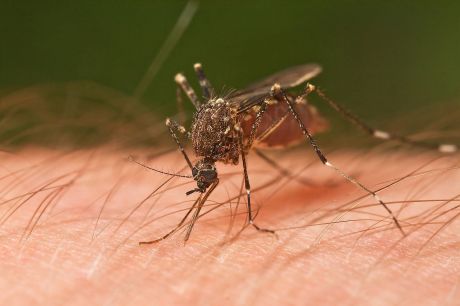
Mosquitoes are carriers (vectors) of a number of infectious diseases, including malaria, dengue and yellow fever – all serious public health threats. A large EU-supported consortium exploited the genetic manipulation of mosquito vectors to control the spread of infectious diseases.
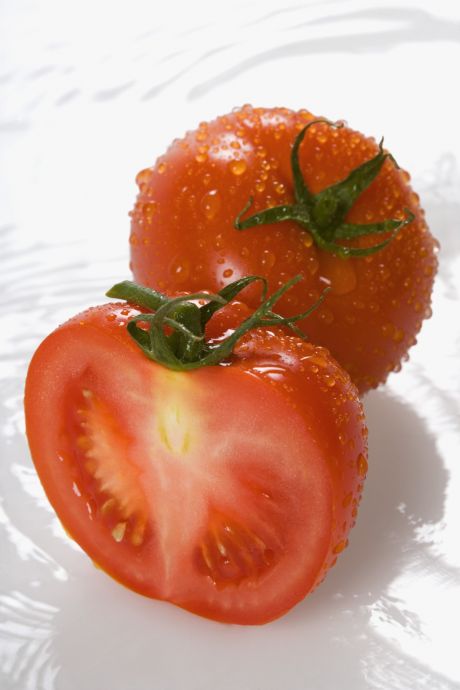
Researchers hope to produce food crops with increased levels of health-boosting carotenoids by finding out how exactly plants regulate production of these high value bioproducts.
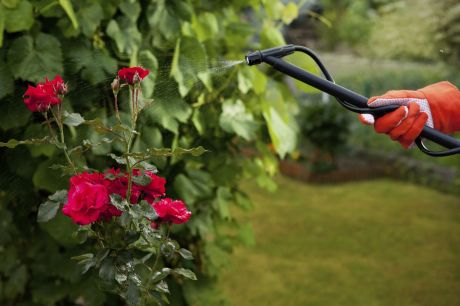
Farmers face a constant battle against pests and disease, while climate change may increase their occurrence and severity. The availability of chemical agents to fight plant pathogens is limited to protect the environment and human health; the alternative therefore is to use environmentally friendly sustainable products.
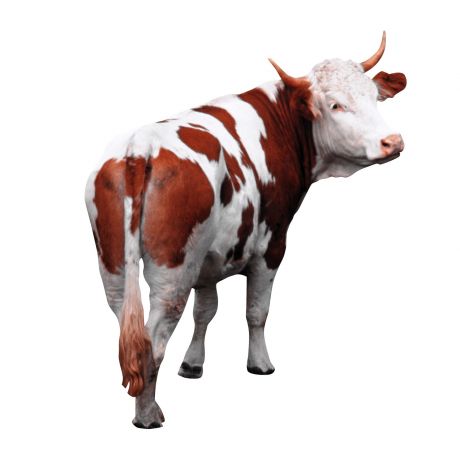
A new EU research initiative is studying the gut microorganisms of more than 1 000 dairy cows to try and limit methane (CH4) and N emissions and improve productivity.

Birds and mammals rely on their sense of hearing to locate prey and escape predators. An EU-funded project set out to explain how sound processing occurs in natural environments.

An EU research project is looking to hemp and flax fibres for creating sustainable packaging.
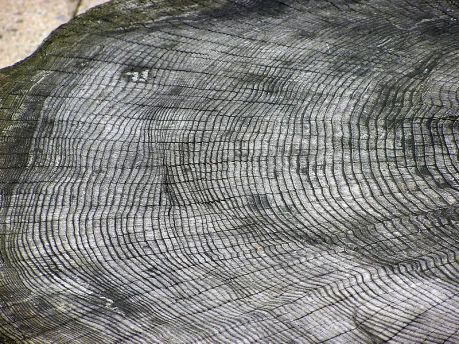
An interdisciplinary EU-funded initiative successfully addressed crucial questions regarding climate change by analysing different tree ring parameters and applying different statistical approaches.
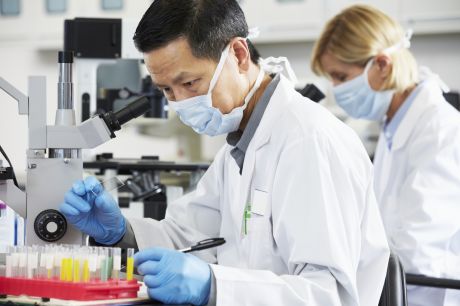
Recent discoveries relate changes in transfer RNA (tRNA) abundance to apoptosis and gene misregulation in tumourigenic cells. A European study investigated the processes affecting tRNA abundance under stress.
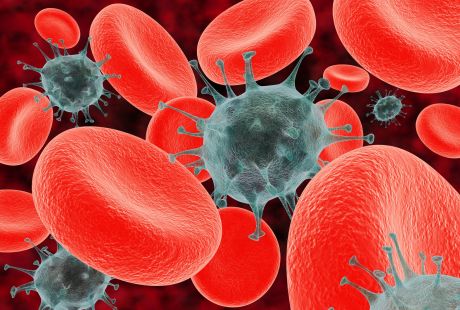
A European study is developing an immunotherapeutic approach based on donor T cells to improve the outcome of haematopoietic cell transplantation. This has direct consequences for the treatment of leukaemia.
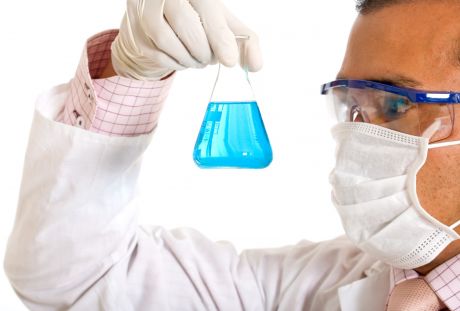
An EU consortium comprising companies and research institutes is developing an innovative process for extracting high-value products from microalgae. Its scope extends from feedstock production and harvesting to oil extraction and purification.
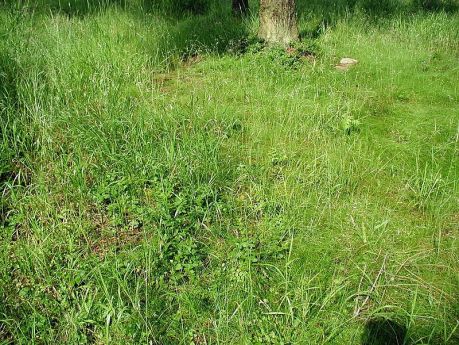
An EU project is investigating perennial grasses as a biomass crop that can be grown on marginal land that isn't good for any other use.
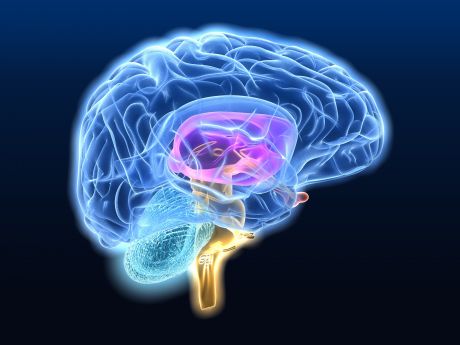
Imbalance in mammalian brain development can lead to neurodevelopmental disorders. An EU-funded project is studying cerebral cortex development using a multicolour multi-clonal labelling strategy.
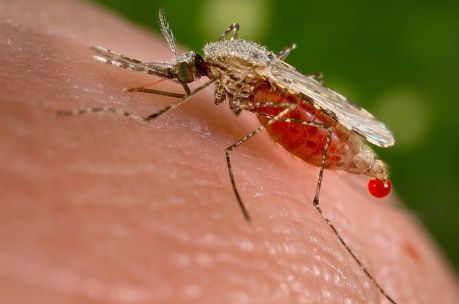
Control of the damaging impact of insects on human health and agriculture mainly involves the use of chemicals. A European study is proposing a more targeted approach, which stems from genomic and biological analysis of vectors.

Producing pharmaceuticals in plants is potentially efficient compared to conventional production methods. Ease of plant engineering and lower production costs could guarantee success for plant-generated vaccines against animal and human diseases.
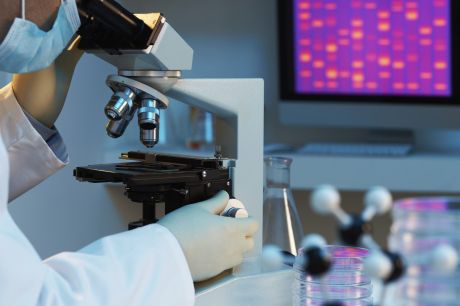
Understanding the dynamics of microbial communities and the evolution of the antibiotic resistance is critical for devising novel intervention strategies.
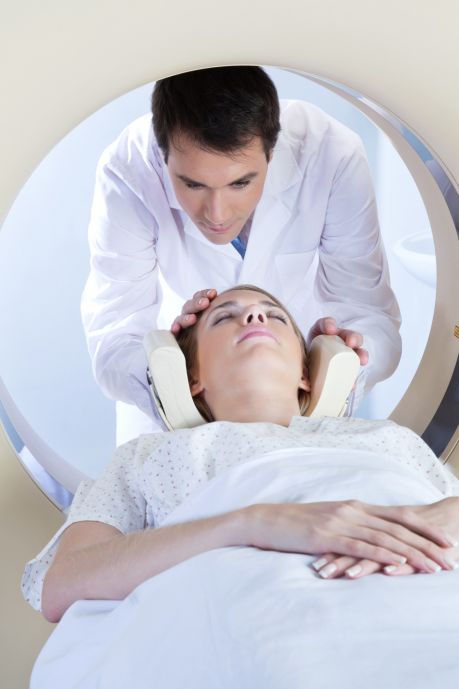
Currently, acute stroke treatment depends on knowing when the symptoms began. A European consortium is working on a method to determine the time window for therapy.
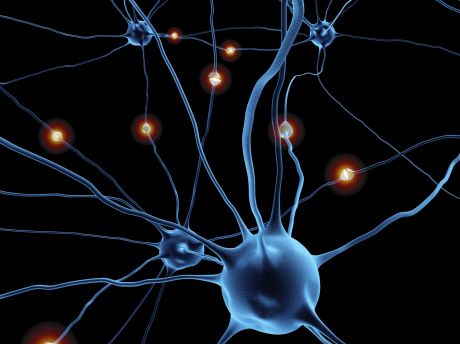
A European consortium is working on new therapies for a group of rare neurodegenerative disorders called Neurodegeneration with Brain Iron Accumulation (NBIA).
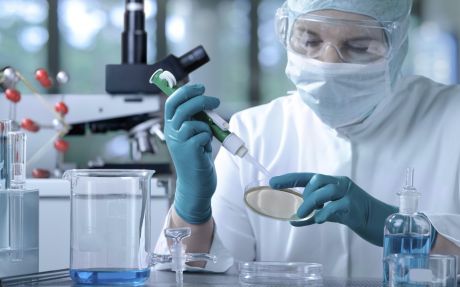
Biofilm-forming microorganisms are a growing problem particularly in healthcare. A European study is looking to address this issue through coating of medical implants with specialised anti-bacterial materials.
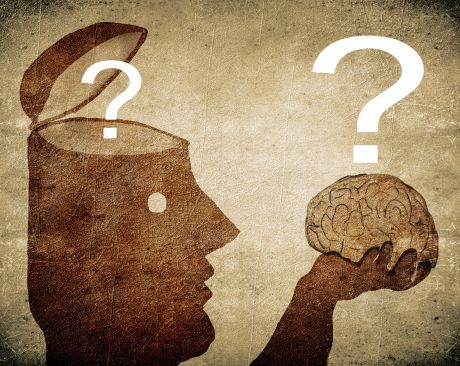
Schizophrenia is a debilitating mental illness. EU-funded scientists are developing biomarkers and predictive tests to identify particularly difficult cases early for faster access to the only anti-psychotic that can help.
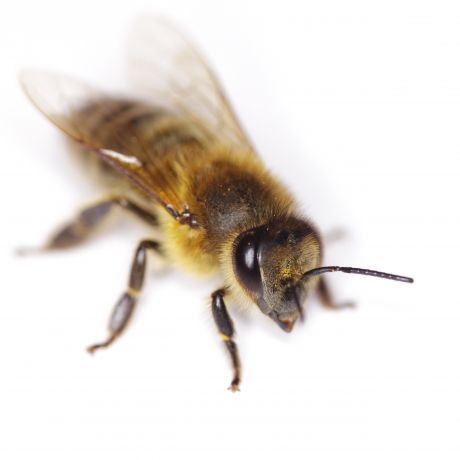
Researchers have tracked thousands of individual honeybees in a hive to better understand how they communicate and transfer pathogens.
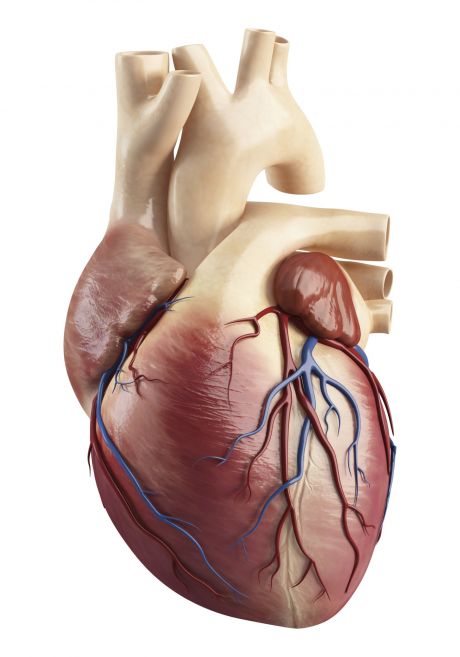
Researchers speculate that the fat surrounding our heart impacts heart biology. A European study set out to understand how this occurs and if it could be exploited for therapy.
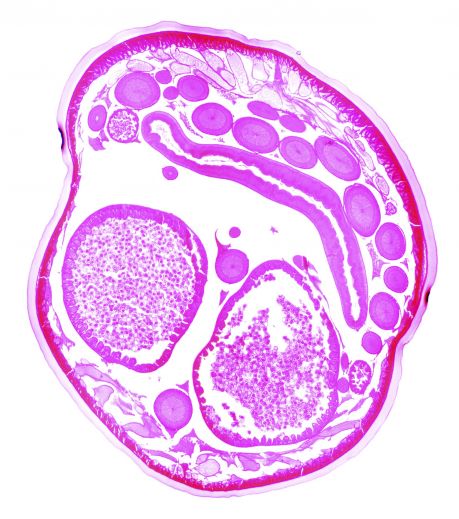
In multicellular organisms cells with different fates come from originally uncommitted precursor populations. An EU project investigated the control of cell differentiation in mouse embryonic stem cells (ESCs).

An EU-funded project has designed the largest genetic study ever of women with pre-eclampsia, and their babies, in central Asia and Europe. Results are expected to deliver a predictive tool for the condition.
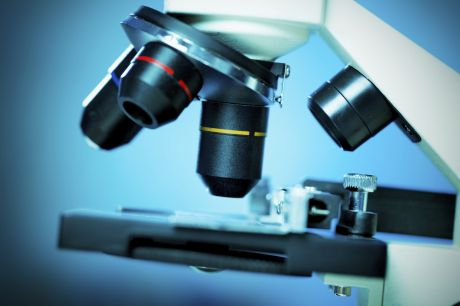
European researchers are working on an automated high-throughput method for analysing protein glycosylation. The technology is anticipated to advance current diagnostics and aid the discovery of disease-specific biomarkers.
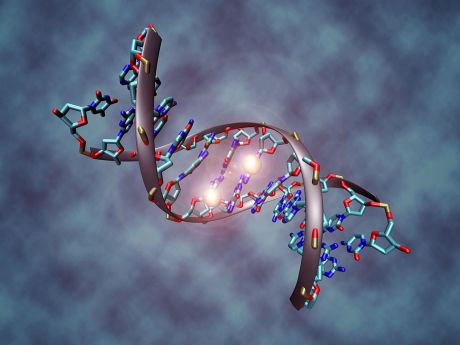
It seems that the so-called non-coding DNA is not so inactive after all. EU research has uncovered the molecular basis of its involvement in some cancers.























